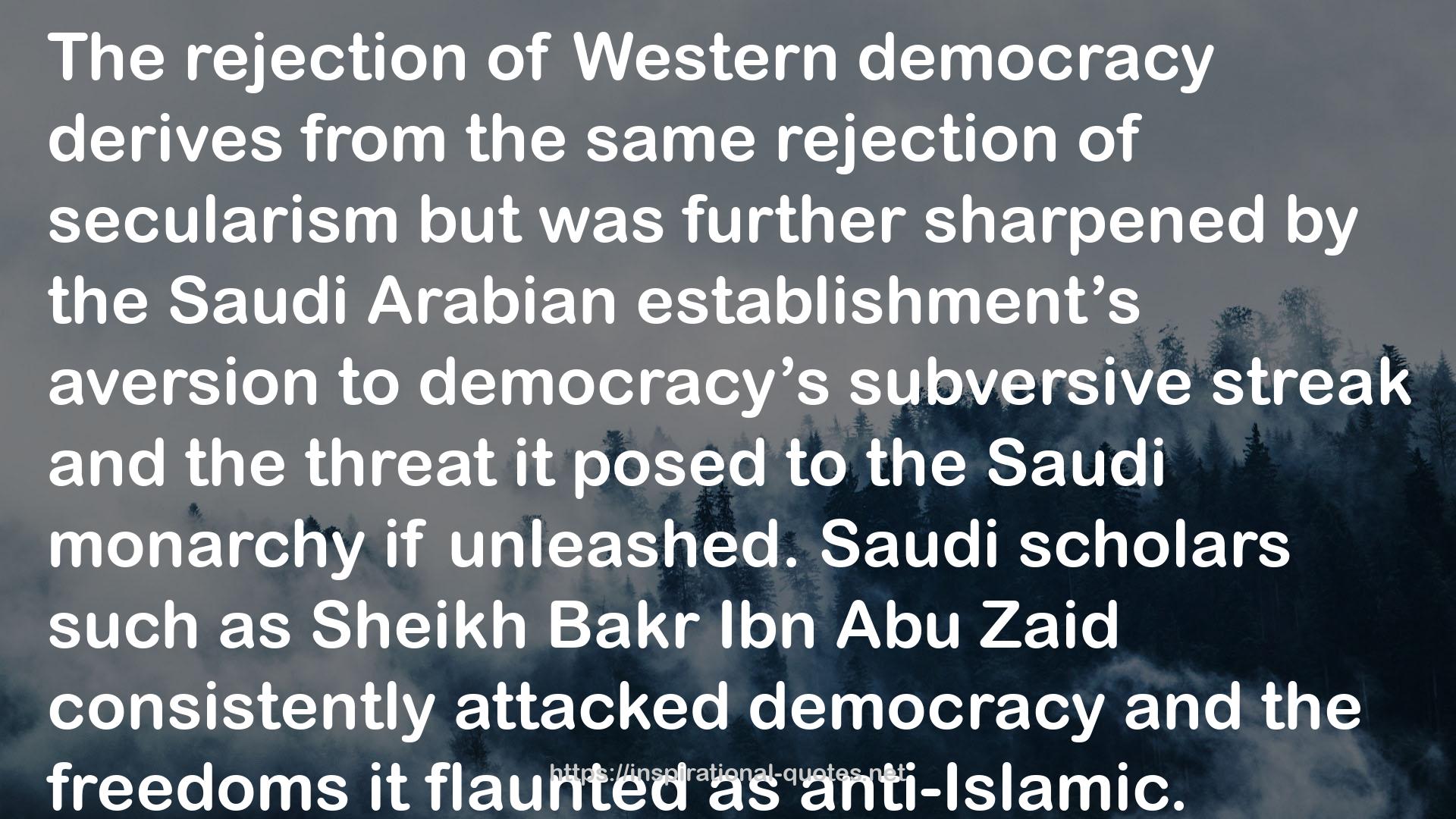Boko Haram: Islamism, politics, security and the state in Nigeria QUOTES
SOME WORKS
- The Pilgrim's Progress
- Eventually Julie (Julie & Friends, #1)
- The Ocean in My Ears
- Reading with a Passion: Rhetoric, Autobiography, and the American West in the Gospel of John
- On Being a Christian
- The Comforters
- Broken Cloud: the first sunrise
- Saps, Blackjacks and Slungshots: A History of Forgotten Weapons

